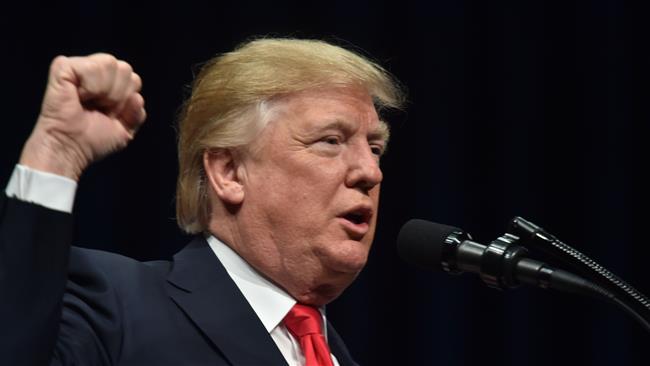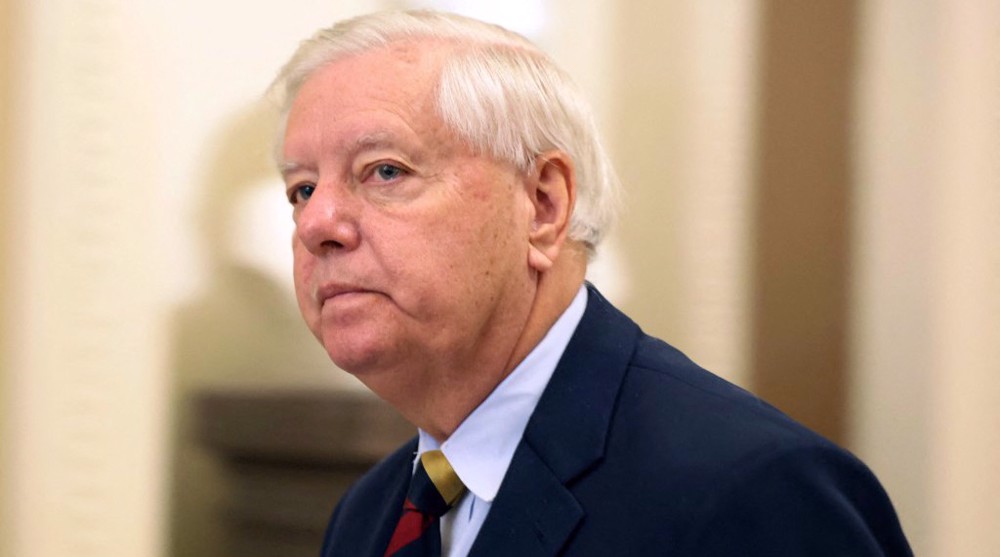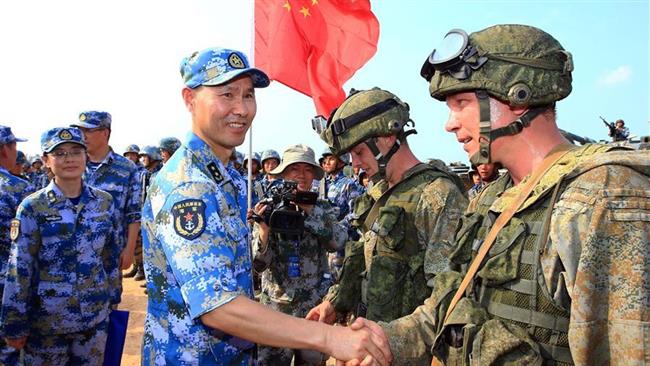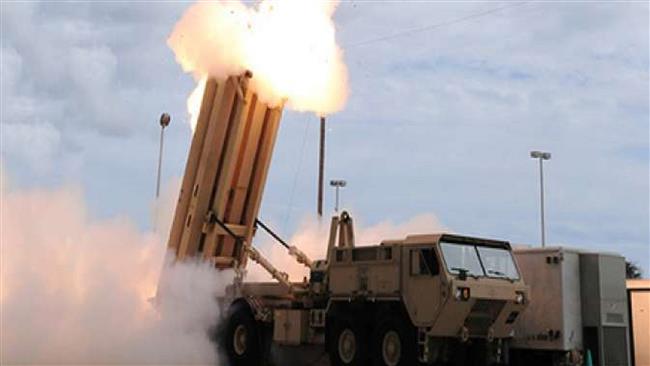US plans to confront China, Russia in new national security strategy
US President Donald Trump is poised to present a new national security strategy that envisions a world in which the United States confronts China and Russia – the two powers which are challenging American global hegemony.
"China and Russia want to shape a world antithetical to US values and interests," according to the hard-hitting text released Monday, just before Trump will provide details about his plan in a speech later in the day.
"China seeks to displace the United States in the Indo-Pacific region, expand the reaches of its state-driven economic model, and reorder the region in its favor," the text reads.
"Russia seeks to restore its great power status and establish spheres of influence near its borders," it adds.
Trump’s strategy, according to senior administration officials who offered a preview Sunday, outlines a detailed plan to push back against China’s global economic ambitions, but does not say much about how Russia will be confronted, according to The New York Times.
The plan is the first comprehensive effort by the Republican president to describe an all-encompassing strategic worldview, and the one which if fully implemented could radically alter America’s relationships with the rest of the world.
"We will promote a balance of power that favors the United States, our allies, and our partners," the document says. "We will never lose sight of our values and their capacity to inspire, uplift, and renew. Most of all, we will serve the American people and uphold their right to a government that prioritizes their security, their prosperity, and their interests," it adds.
Trump administration officials said the strategy was drawn from speeches the president had delivered during his 2016 presidential campaign, and later on he made in Europe and Asia and at the United Nations.
Trump's doctrine reportedly focuses on four main themes: protecting the US homeland and American way of life; promoting US economic prosperity; demonstrating peace through military power; and advancing American influence in an increasingly competitive world.
According to details of the national security strategy to be presented by Trump, nation states around the world are in unending competition and that America must fight on all fronts to protect and defend its sovereignty from both friends and foes.
“After being dismissed as a phenomenon of an earlier century, great power competition returned,” the document claims.
China and Russia, the document says, “are determined to make economies less free and less fair, to grow their militaries, and to control information and data to repress their societies and expand their influence.”
“These competitions require the United States to rethink the policies of the past two decades — policies based on the assumption that engagement with rivals and their inclusion in international institutions and global commerce would turn them into benign actors and trustworthy partners,” the document continues. “For the most part, this premise turned out to be false.”
The plan will make clear that America will stand up for itself even if that means acting unilaterally or alienating allies on issues like international trade, climate change and immigration. And Trump will de-emphasize multinational agreements that have dominated America’s foreign policy since the Cold War.
It is in contrast with the strategy of former President Barack Obama who in 2015 declared climate change an "urgent and growing threat to our national security."
According to Trump’s aides, Trump has passionately approved the strategy and wanted to announce it himself on Monday afternoon. Obama and former President George W. Bush did not announce their national security strategies themselves.
Huckabee mocks Arab League's condemnation of his biblical territorial remarks
VIDEO | Trump tariff setback
VIDEO | Press TV's news headlines
VIDEO | Iran will not 'capitulate' since it has military surprises for US
China overtakes US as Germany’s top trading partner
VIDEO | Displaced Gazans struggle to find clean water amid Ramadan
VIDEO | Pakistan strikes militant camps along Afghan border after suicide bombings
Iran FM: Chance still exists for win-win solution to nuclear issue
















 This makes it easy to access the Press TV website
This makes it easy to access the Press TV website